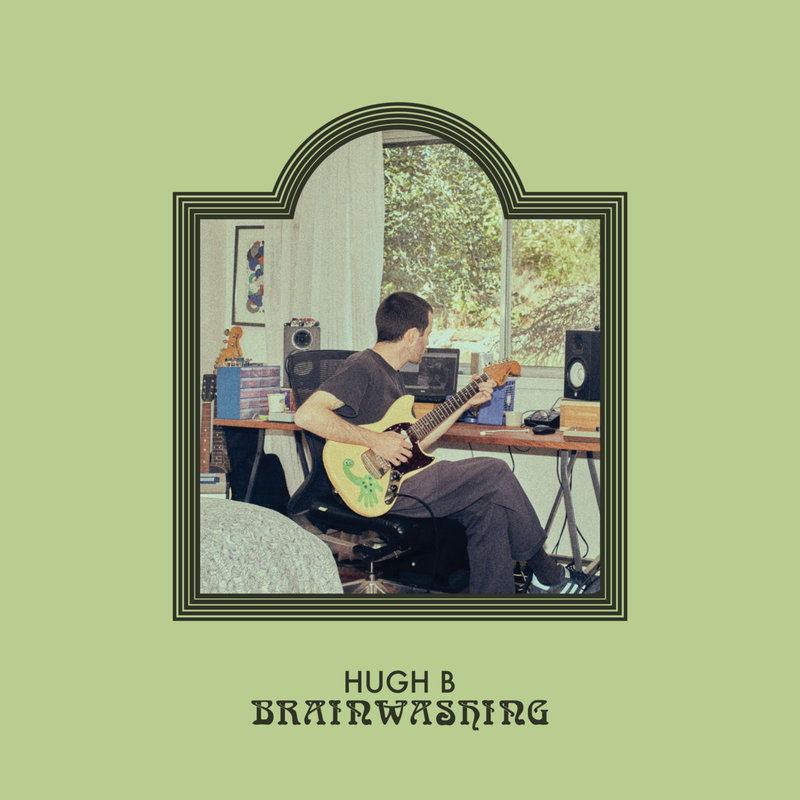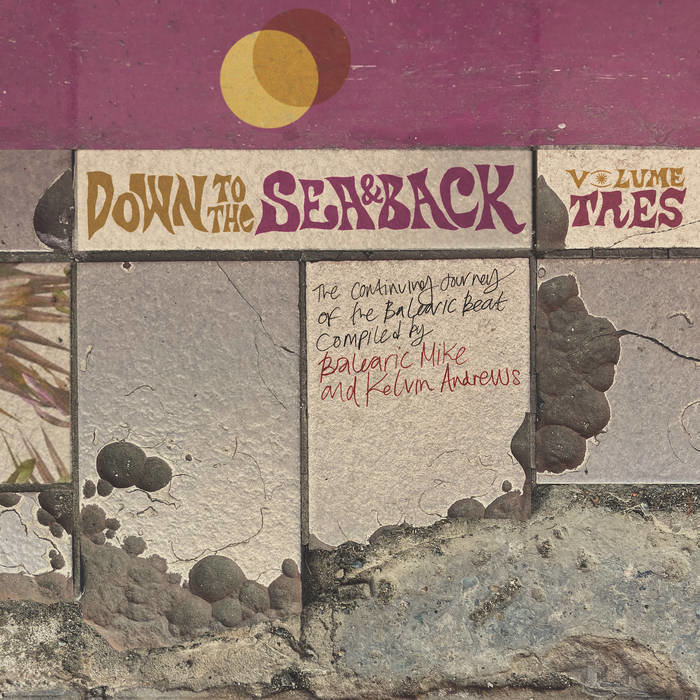Following their first collection of music played on the Goa scene, Sound Metaphors and Transmigration have come together to take another deep dive into this world. We chatted with Nemo, Castro and David Fogarty about Gonzo Goa II - Party Music 86’- 93’.
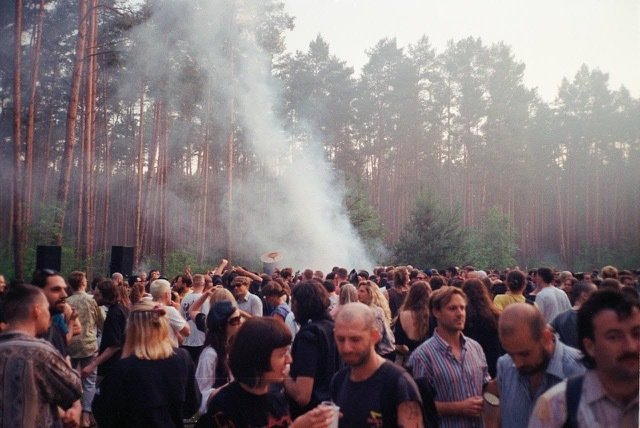
Can you tell us how you first heard the genre and what captivated you about the music?
We were always kind of aware of the scene thanks to the various videos on YouTube and the article by Dave Mothersole called "Roots of Trance", published in 2010. However, we really got deep into it during the pandemic. In the summer of 2021, as clubs were still partially closed, we organised a free outdoor party series called Speedy Boarding and started playing a few tracks we had found on different Discogs lists. Seeing how well they worked in this environment, we knew further research was needed. Aside from the music, the anti-capitalist nature of the parties and the fact that the DJs remained mostly anonymous appealed to us.
Please tell me a little about a track from the compilation that is dear to you: when and where did you hear it, and how does it make you feel?
The A1, Self Indulgence by Shikasta, is quite special. Nemo can take the credit for finding that one. We've been playing it everywhere since: at those free parties, at Panorama Bar, and in Berghain. It works good everywhere, and people always ask about it. It's about 126 bpm, so it can be pitched up or down to fit into quite a few contexts.
It was also a mission to license. It was produced by Danny Griffiths, Darius Keeler and Jiten Acharya, who hadn't seen each other in 15 years. We had to find each one of them and reunite them. Jiten is also the only Indian artist on the compilation. He founded Croydon's Swag Records but now lives in Goa.
What did the process of curating the compilation look like? What were the challenges and highlights?
We compiled all of the lists we could find online, as well as everything Ray showed us and a few things from different mixes, into one huge spreadsheet. We then organised the tracks into morning and night categories, this was the only kind of genre the Goa DJs used. The sequencing of the tracks in both compilations follows the sequencing of a Goa party - starting at midnight with what was labelled night music and then ending somewhere between 10am and midday with morning music. We also took into consideration the rarity of records and the demand. It wouldn't make sense to invest so much time into licensing and remastering something you can still get for 5 euros on Discogs.
The biggest challenge was ensuring the sound quality was consistent throughout the record, as the tracks were recorded on vastly different setups. Manmade did a really good job with remastering.
One highlight was during the licensing of the Voov track - "It's Anything You Want It To Be, And It's A Gas". He lives in Kreuzberg and invited us over for a beer and to sign the contract. As we were leaving, he offered us a pile of old records he had had since the 90s. He was never interested in DJing but received some promos and gifts from the labels he worked with. In the pile was a mint copy of the extremely rare Susumu Yokota live at Interference 10" that was released by Space Teddy in 1995.
Was there anything you really wanted that you weren't able to license?
We would have loved to have included Abfahrt—Alone (It's Me); however, the artist's family wasn't interested in the project. We also would have liked to meet Laurent. He replied to one of our Discogs messages and confirmed he's still alive but has no interest in the compilation.
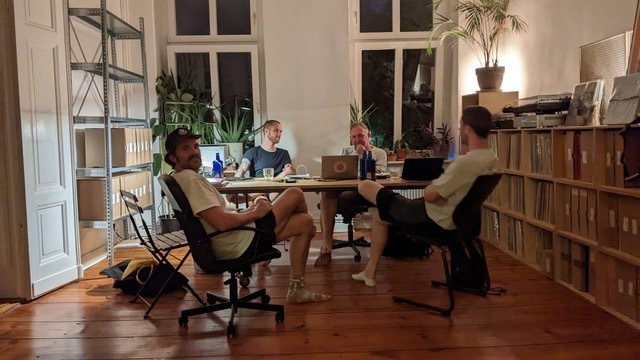
The last compilation offered a much-needed counterpoint to the proliferation of a very saccharine version of the "trance" sound. What are your views on the current music landscape and how Gonzo Goa II relates to it?
To be honest, we weren't trying to make any kind of statement. We're just happy to shine a light on a moment in time we find particularly interesting that has not been properly documented until now. There's loads of great music coming out at the moment, but unfortunately, not enough people hear it due to all the noise on social media caused by influencer DJs.
How did you meet Ray Castle?
Nemo found Ray's contact and messaged him. By chance, he was visiting Berlin a week later. We invited him for dinner, and he generously shared a lot of stories and music.
Were there any stories or insights he had that were particularly revelatory?
We weren't aware of the frequency of the parties until we met Ray. The parties would take place at least 3 times per week and often more than one party per night. Also, the black market nature of the parties and drug use. For a party to occur, the police would need to be bribed or given a baksheesh. This was always paid with black money.
Another interesting story is Sven Vath travelling to Goa to organise a party at the height of his popularity; however, none of the locals would help him make the necessary arrangements with the authorities, so the party didn't go ahead. This says quite a lot about how protective they were of the scene and their feelings about superstar DJ culture.
In talking to Ray, was there any specific party he described that made you really, really want to be there?
The specifics are a bit hazy, but one good story would involve tripping on acid as the sun rises over the Arabian Sea and seeing a herd of cows walk across the dance floor. If you are interested in this scene, we recommend reading his book Moonjuice Stomper. The characters' names have been changed; however, almost everything is based on real-life events.
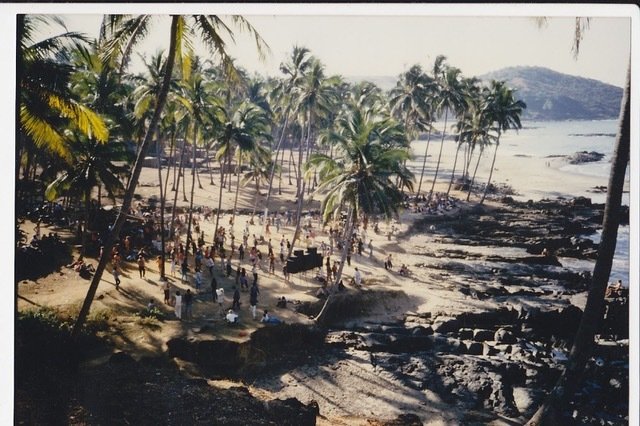
I always find it fascinating how much shared DNA there is between different musical genres. For example, some of the bedrock of both house and hip-hop lies in the same disco records. The breadth of music featured in both compilations reflects this, touching on new beat, techno, house and even disco. What are your feelings on these connections? Did anything come as a surprise to you?
Of course, the volume and variety of the music was surprising and admirable. Also the fact that everything was on tape. As we learnt more about the scene, it started to make sense. A lot of the visitors were coming from seasons spent in Ibiza, the Italian progressive scene or trying to escape winter in Germany or the UK. We learnt a lot of the Belgian stuff was coming from a connection at Music Man Records in Ghent.
What contemporary DJs and producers do you feel are part of the continuation of the Goa sound? This doesn't have to be explicit, even those who are informed and inspired by it.
Most of the DJs we enjoy listening to take music from a wide variety of genres, scenes and eras and then recontextualise it into something uniquely theirs. The kind of DJ where you hear one of their mixes, and you don't need to be told who it is. As far as we're aware, the Goa DJs were the first to take this approach.
A few of our favourites have a particularly psychedelic Goa-leaning sound: Jane Fitz, Carl H, Vladimir Ivckovic, Anatolian Weapons, Alicia Carrera, and Alexis Le-Tan.
Are you throwing any parties or events to celebrate the release?
Yes, June 15th in Berlin. We have Ray Castle coming over from Australia. He's bringing some of the decorations he used for parties in Goa, and we're going to display them. It'll be the closest thing you'll get to attending a Goa party. Alicia Carrera is playing, too.
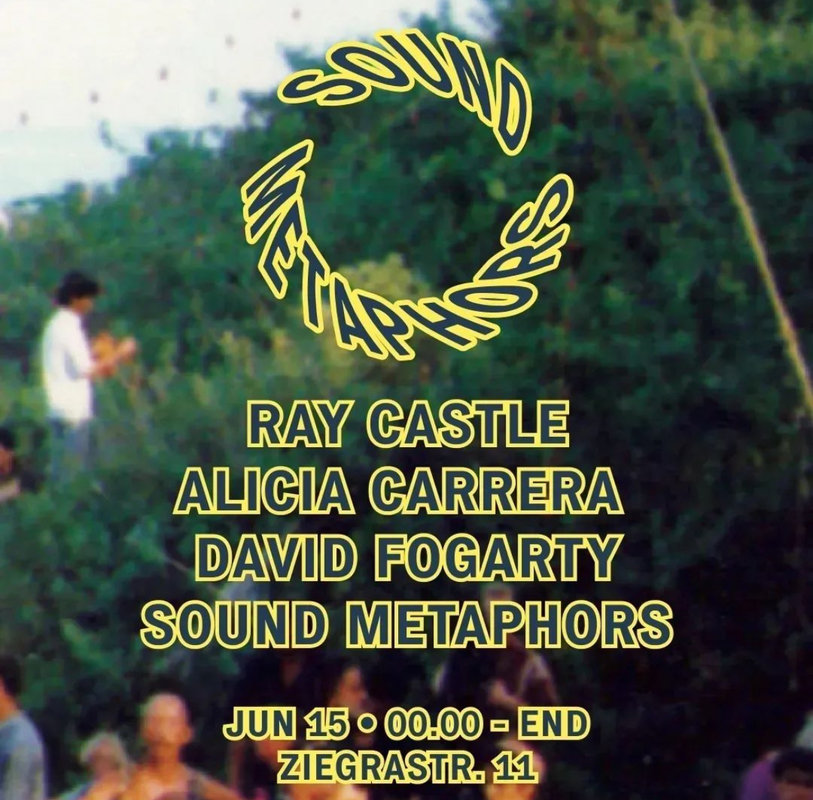
Gonzo Goa II - Party Music 86’- 93’ is released on June 10th by Sound Migration

